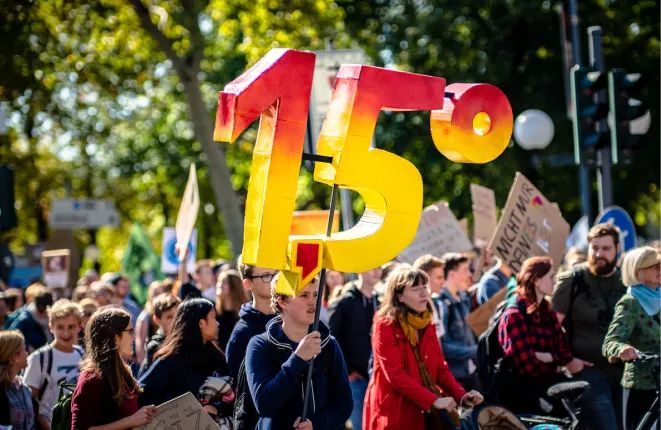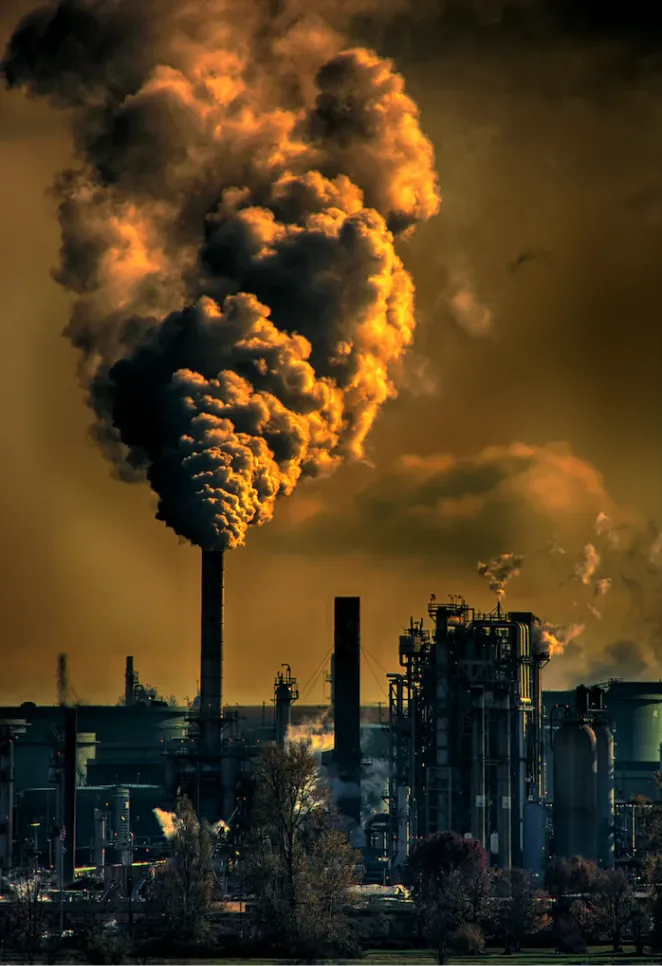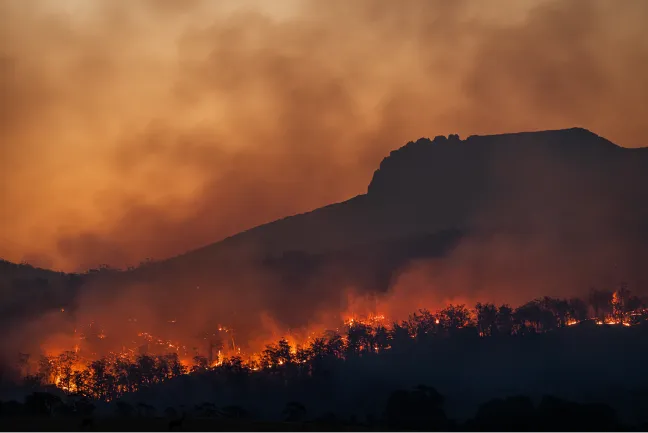
Global warming is a major problem of our generation. The global temperature on the planet has risen by about 0.6°C overall. While this problem is getting closer and closer and we can already see the effects, with the summer of 2022 being the hottest ever recorded in Europe, very few major measures are being taken to stop it at the global level. Indeed, major polluting countries such as China and the United States, which together account for 40% of global greenhouse gas emissions, are not complying with the few agreements they agree to sign.

The most ambitious agreement, the Paris Agreement, signed in 2015 by nearly 200 countries and aiming to limit the increase in global temperature to below 1.5°C, in which China committed to reducing its greenhouse gas emissions but at the same time increased its coal-fired power plant projects by 21% in the first half of 2020 (Frédéric Schaeffer (Correspondent in Beijing)) Also according to a rather worrying report by the IPCC (Intergovernmental Panel on Climate Change) published in August 2021, the average temperature of the planet is expected to rise by 1.5°C by 2030, sea levels are expected to rise by 1m by 2100, whereas they have already risen by 20m over the last 100 years, and the report states that the consequences of this warming will be "irreversible for centuries or millennia".

In addition, there are several points of no return that could be reached sooner than expected. These points of no return could be reached if the global average temperature increases by 1.5°C. Among these points of no return is the thawing of the permafrost, which could release a lot of carbon into the atmosphere